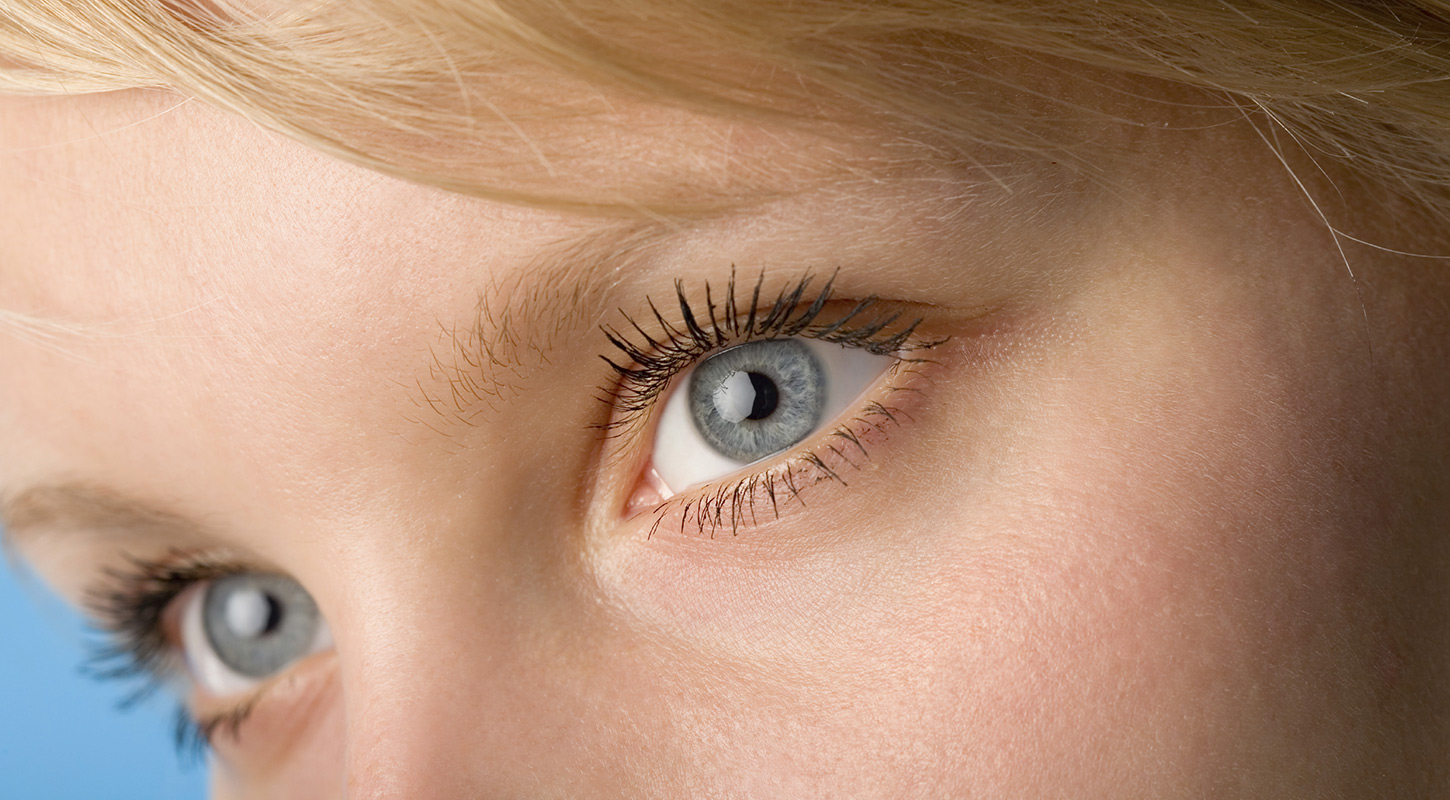Simple Tips for Keeping Your Vision Healthy

Your eyes are an important part of your health, but they are often forgotten about. There are some simple things you can do to keep your sight healthy throughout all stages of your life.
Eat Right
We’ve all heard that eating carrots is good for your eyes, but there are other nutrients you should include in your diet to protect your eyes. Omega-3 fatty acids, lutein, zinc, Vitamin C, and Vitamin E are all known to help prevent age-related vision issues like cataracts and macular degeneration.
You can find these nutrients in foods like:
- Leafy green vegetables like collards, spinach, and kale
- Salmon, tuna, and other oily fish
- Beans, nuts, and eggs
- Oranges, lemons, limes, and other citrus fruits or fruit juices
In addition to getting the nutrients you need, eating a healthy diet also prevents diabetes, which is the leading cause of blindness in adults.
Protect Your Eyes
Having the right kind of sunglasses can help protect your eyes from ultraviolet (UV) rays. The more UV exposure your eyes get, the more likely you are to experience macular degeneration or cataracts in the future. Look for wraparound sunglass options that block 99% to 100% of UVA and UVB rays. Remember that while contact lenses do provide some UV protection, wearing sunglasses provides added protection.
If you play sports or work with hazardous materials at home or work, be sure to wear protective goggles or safety glasses at all times.
Quit Smoking
Smoking can have a variety of negative impacts on your vision. People who smoke are more likely to experience optic nerve damage, macular degeneration, and cataracts.
Step Away From the Computer
Many people find themselves staring at a computer screen throughout the day at work. Doing this for too long can cause problems for your eyes, including:
- Eyestrain
- Trouble focusing at a distance
- Blurry vision
- Dry eyes
- Headaches
- Shoulder, back, and neck pain
To protect your eyes while using a computer screen, you should:
- Make sure your glasses prescription is current and acceptable for computer use, including contrast,
glare, and eye strain - Position your computer so that your eyes are level with the top of the monitor so you are slightly looking down at the screen
- Use an anti-glare screen if possible
- Blink more if you find your eyes are feeling dry
- Position a supportive chair with your feet flat on the floor
- Rest your eyes for 20 seconds every 20 minutes; after every two hours, take a 15 minute break
See Your Eye Doctor Regularly
Visiting your eye doctor on a regular basis helps protect your sight and detect eye diseases in their early stages. During your appointment, you will likely talk about your personal and family medical history, take a vision test, undergo an eye pressure and optic nerve test, and have an eye exam before and after dilation. Depending on what your doctor finds, he may require other testing.
Click here to learn more about Healthy Vision Month and how you can make your sight a priority.
